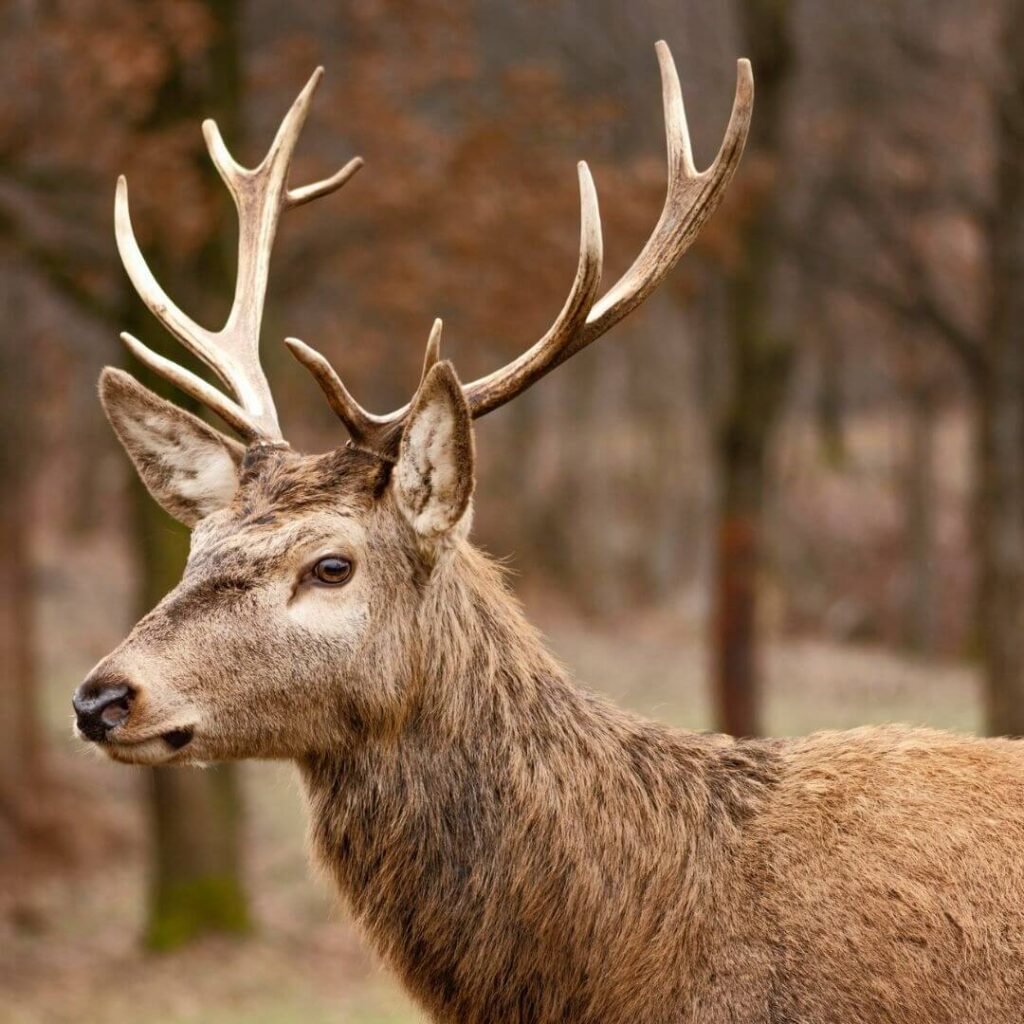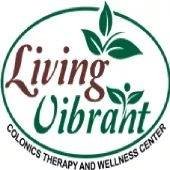How Deer Placenta Boosts Energy and Immune System Function
Top 10 Benefits of Deer Velvet Antler Introduction Deer velvet antler supplements have captured the attention of athletes, bodybuilders, and health enthusiasts worldwide. This ancient remedy, used in traditional Chinese medicine for over 2,000 years (1), is now making waves in modern wellness circles with bold claims about enhancing athletic performance, boosting immunity, and promoting overall vitality. But what exactly is deer velvet antler, and do these impressive health claims hold up to scientific scrutiny? In this comprehensive guide, we’ll dive deep into the research, examine the potential benefits and risks, and help you make an informed decision about whether deer velvet antler supplements are right for you. Deer antler velvet is the soft, fuzzy, protective hair that covers the bone and cartilage of newly grown antlers that haven’t yet calcified, or hardened (2). What makes deer antlers extraordinary is their status as some of the fastest-growing bones in the animal kingdom, with deer and elk shedding and completely regrowing their antlers annually (3, 4). The supplement is created through a carefully controlled process where young, uncalcified antlers are surgically removed from sedated animals (5). The velvet is then processed, dried, and ground into powder or extract form for consumption. Today’s health supplement market promotes deer velvet antler for everything from enhanced athletic performance and muscle recovery to improved immunity and anti-aging benefits (6, 7). However, as we’ll explore, the gap between traditional use and modern scientific validation remains significant. SUMMARY: Deer Velvet Antler Side Effects: What You Need to Know Before exploring the potential benefits, it’s crucial to understand the possible risks and side effects associated with deer velvet antler supplementation. Known Side Effects Currently, there are no known adverse side effects of taking deer antler velvet supplements (8). However, this doesn’t mean the supplements are entirely risk-free. The primary concern stems from the presence of insulin-like growth factor 1 (IGF-1) in deer antler velvet. IGF-1 Related Side Effects The supplements typically contain insulin-like growth factor 1 (IGF-1), which has several known side effects, including (9, 10): Safety Concerns and Contamination Risks One significant concern is the lack of regulation in the supplement industry. These supplements are poorly regulated. Thus, they could be mixed or contaminated with other compounds and substances that cause side effects in some individuals (11). Some researchers worry that the supplements can be contaminated with harmful pathogens if the antler velvet was harvested from unhealthy animals (12, 13). This contamination risk poses serious health threats, including exposure to: Athletic and Legal Considerations Keep in mind that IGF-1 is banned by many sports leagues and athletic associations. Thus, if you’re an athlete, using these supplements could be prohibited (14). Athletes should verify supplement compliance with their sport’s regulations before use. Special Populations at Risk Due to the lack of studies on the safety and efficacy of deer antler velvet, use extreme caution with the supplement. This holds particularly true if you’re pregnant, breastfeeding, immunosuppressed, taking birth control, or on hormone replacement therapy (15). Top 10 Health Benefits of Deer Velvet Antler Despite limited human clinical trials, research has identified several potential health benefits of deer velvet antler. Here are the top 10 science-backed benefits: 1. Bone and Cartilage Growth Support Test-tube studies suggest that antler velvet could treat bone disease and cartilage damage. Plus, one animal study found that it increased femoral bone length and bone enzyme levels (16, 17, 18). The rapid growth properties of deer antlers translate to potential bone health benefits in humans. Research indicates that bioactive compounds in deer velvet antler may stimulate osteoblast activity (bone-building cells) and support cartilage regeneration (19). SUMMARY: 2. Anti-Inflammatory Properties Laboratory and animals studies have shown that pilose, a protein found in antler velvet, has an anti-inflammatory effect (20). Multiple recent test-tube studies also support the notion that protein peptides from antler velvet could have anti-inflammatory, immune-regulating, and heart-health-promoting properties (21, 22). The anti-inflammatory effects may help reduce chronic inflammation associated with various health conditions, from arthritis to cardiovascular disease. SUMMARY: 3. Enhanced Athletic Performance and Endurance Research suggests that deer antler velvet has a positive effect on athletic performance- including increases in muscular strength, endurance, aerobic capacity and recovery time (23). However, it’s important to note that these claims are based on one small 2003 study including 38 men where participants showed improved knee strength and endurance over 10 weeks (24). SUMMARY: 4. Immune System Support Recent findings indicate that deer antler extracts may be effective in anti-microbe, anti-inflammation, immune enhancing, suppressing tumor growth, and supporting wellness (25). Traditional medicine has long touted deer velvet antler for immune support, and modern research is beginning to validate these claims through studies on immune cell activity and antibody production (26). SUMMARY: 5. Osteoarthritis Treatment Potential Antler velvet is also rich in chondroitin sulphate, collagen and glucosamine sulphate. The properties and make-up of the compound could make it a useful treatment in arthritis (27). Deer antler velvet contains chondroitins, a component of cartilage, which might improve pain levels in people with osteoarthritis (28, 29). SUMMARY: 6. Anti-Fatigue and Energy Enhancement Studies have tried giving mice antler velvet supplements. They found that the more nucleosides the supplements contain, the faster mice swam. This indicates improved strength and reduced fatigue (30, 31). Deer velvet contains organic molecules called nucleosides, which are the building blocks of DNA. These might be responsible for antler velvet’s touted anti-fatigue effects (32). SUMMARY: 7. Antioxidant Protection A sample of velvet antlers from the Formosan sambar deer, which are native to Taiwan, was found to contain multiple enzymes with antioxidant properties. These included superoxide dismutase (SOD), catalase (CAT), and glutathione peroxidase (GPX) (33). These powerful antioxidants help protect cells from oxidative stress and may reduce the risk of chronic diseases associated with free radical damage (34). Summary Deer velvet antler contains natural antioxidant enzymes that may help protect against cellular damage and support overall health. SUMMARY: 8. Potential Anti-Cancer Properties Multiple test-tube and mouse studies have observed that antler velvet supplements exhibit anti-tumor and








